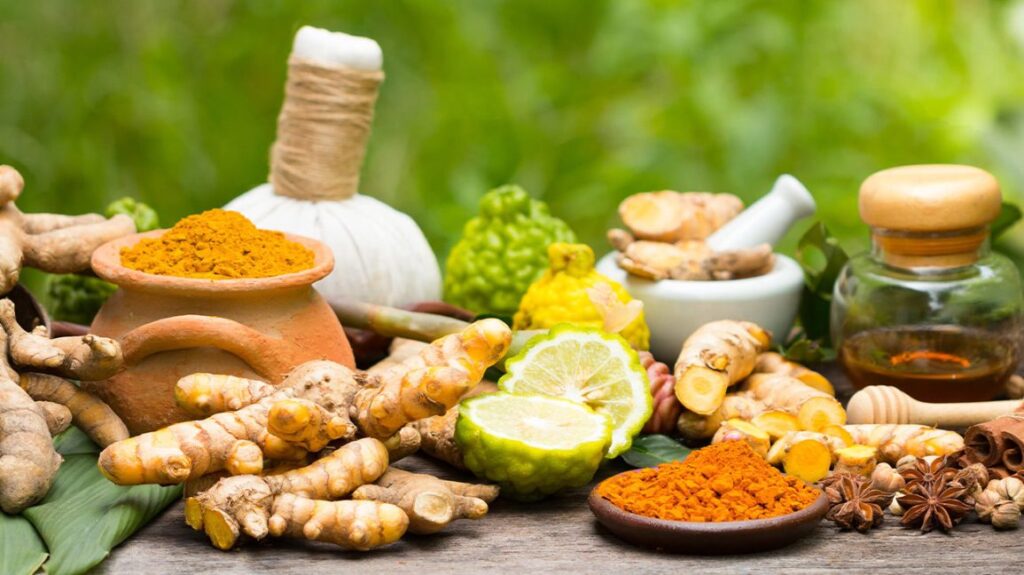Ayurveda is a science of life. We don’t get the reference of the origin of Ayurveda. It is mentioned that even Lord Brahma remembered this science. Acharya Sushruta mentions that Ayurveda was available before the origin of this Universe. So it is named as PanchamaVeda i.e., fifth Veda by Acharya Kashyapa. Charaka Samhita – Oldest Read More
Tag: Ayurveda
TTD – Sri Venkateswara Ayurvedic Hospital, Tirupati
Sri Venkateswara Ayurvedic Hospital / SV Ayurveda Hospital Dhanvantari Dhanvantari, an incarnation of Lord Vishnu, the immanent divine consciousness, represents the divine healer in the tradition of Ayurveda. Lord Dhanvantari considered the God of Ayurvedic medicine is believed to have emerged from the sea during Samudra mathan, holding a pot of Amrit in one hand Read More

